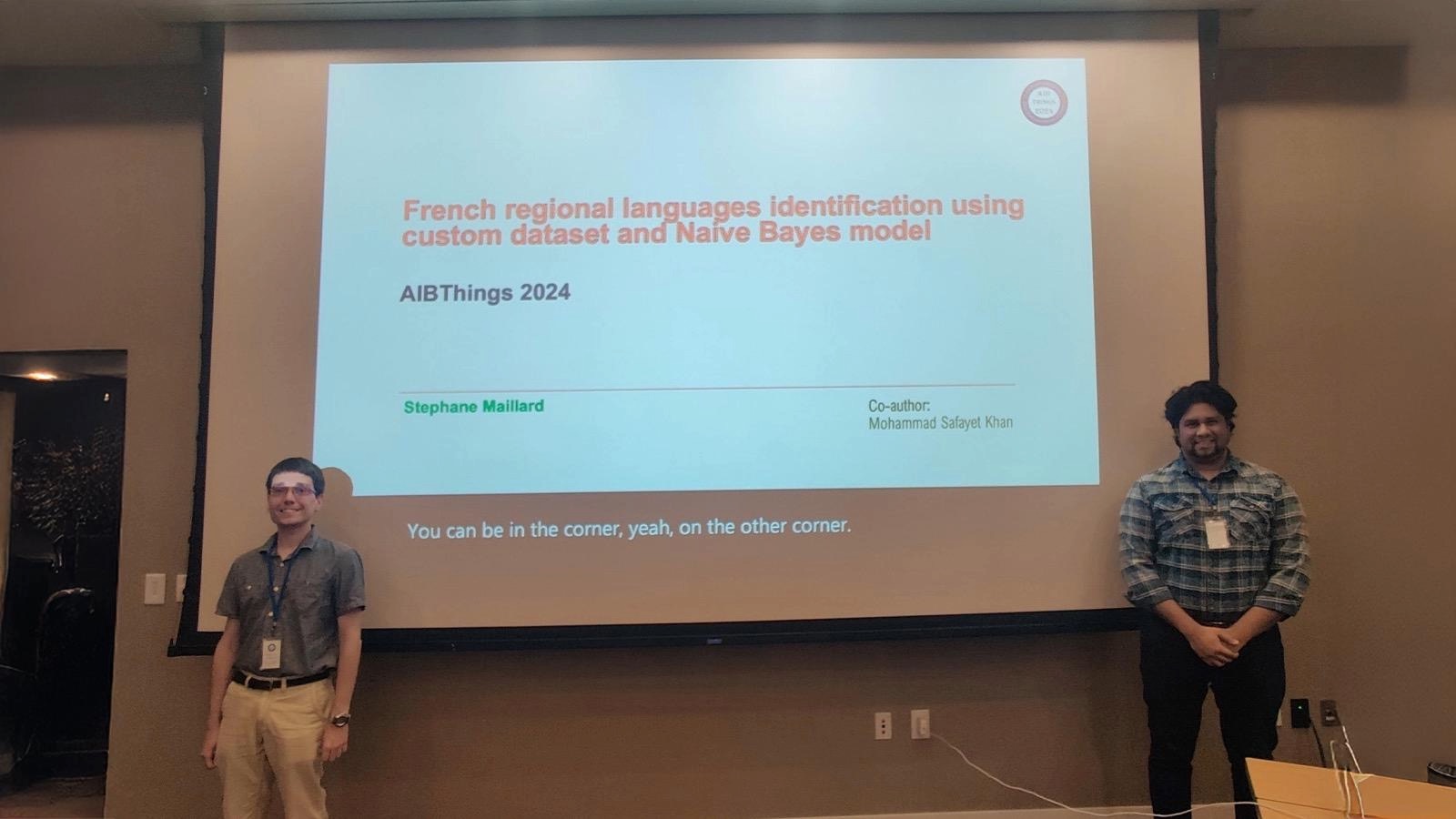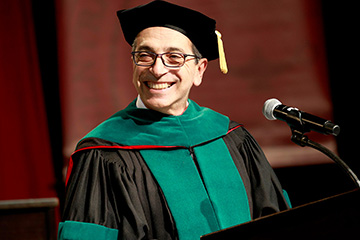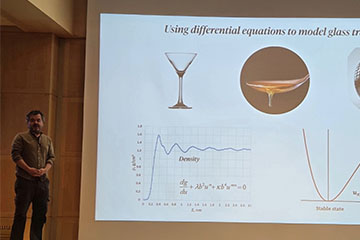Lost in translation? Not anymore
New AI model for French regional language identification gains recognition
Breaking barriers in AI and linguistics, Stephane Maillard, a recent graduate from Central Michigan University’s computer science master’s program, captivated audiences with his presentation on his published paper, “French Regional Languages Identification Using Custom Dataset and Naive Bayes Model.” This paper was initially presented at the AIBThings 2024 Conference in September at CMU and was recently published by the Institute of Electrical and Electronics Engineers.

Language identification models like Maillard’s are crucial for accurate translation systems. Before a text can be effectively translated, first, it must be correctly identified, especially when dealing with languages that share similarities. This research has practical implications for improving machine translation and communication tools, making digital content more accessible to speakers of lesser-known languages.
Maillard’s research, co-authored with CMU student, Mohammad Safayet Khan, stemmed from a class assignment in an artificial intelligence course at CMU. While many language identification models exist for major languages like English, French, and German, he identified a significant gap when it came to regional French languages. His work focused on five written regional languages, Alsatian, Basque, Corsican, Breton, and Occitan, spoken by over a million people in France.
Maillard built his own database from scratch, which achieved impressive results outperforming existing models. One of the key strengths of his model is its training speed; while other systems can require hours of computing power, his model was trained in around 30 seconds.
Looking ahead, Maillard envisions applying his model to other low-resource languages and incorporating different alphabets. His experience at AIBThings was invaluable, allowing him to connect with researchers worldwide. With two research papers published within a year, his rapid success in academia has taken even him by surprise. “This experience has been incredible,” he said. “I never expected my first paper to be accepted right away, but it’s just the beginning.”




